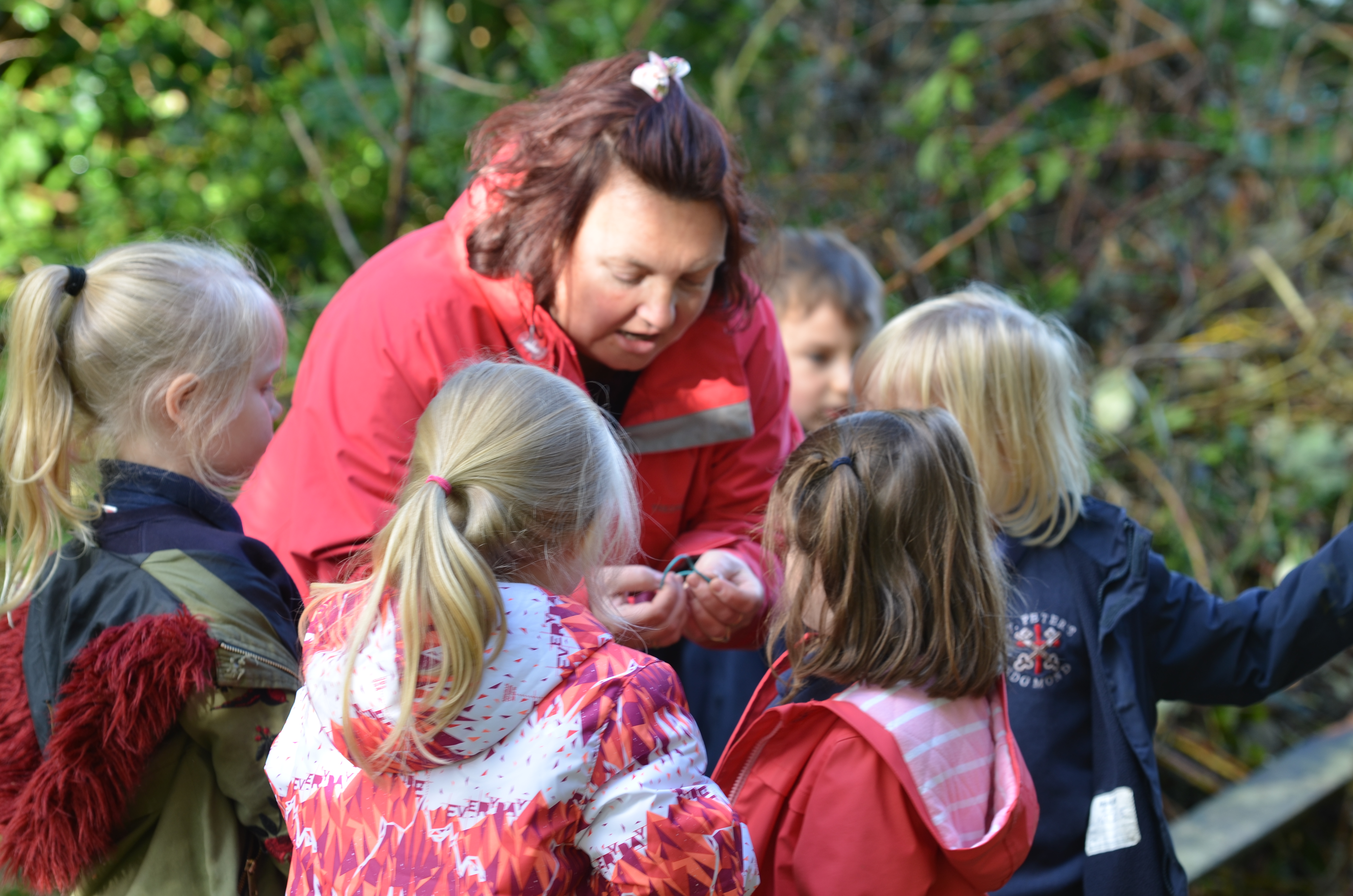Early Years Foundation Stage
Intent
Our EYFS curriculum is designed to be ambitious and meet the needs of all our pupils. Assessing early and developing strong, successful relationships with parents is integral. We plan to help every child to develop their communication and language skills by providing high quality interactions in a language-rich environment. Our aim is for all pupils to develop their knowledge and skills (their ability to apply what they know and can do) with fluency and independence; to deliver a carefully sequenced curriculum to build learning over time, which is also driven by the children’s interests; and to use a mix of different approaches, including child-initiated play, child-led play, adult modelling and adult directed teaching. We intend to foster confidence in every child, including their ability to self-regulate.
Our school context is used to help shape our curriculum offer. As well as making the most of our locality, we aim to provide our children with experiences they may not otherwise encounter, including visits and visitors covering a wide range of curricular areas, religions and cultures.
Implementation
At St. Peter’s, we follow the curriculum as outlined in the September 2023 EYFS statutory framework.
The framework includes seven areas of learning and development that are equally important and inter-connected. However, three areas, known as the prime areas, are seen as particularly significant for igniting curiosity and enthusiasm for learning, and for building children’s capacity to learn, form relationships and thrive. These are:
- Communication and language development – this involves practitioners building children’s language effectively in a language-rich environment; reading frequently to children and engaging them actively in stories, non-fiction, rhymes and poems; providing extensive opportunities to embed new words in a range of contexts and inviting children to share their ideas with support and modelling from their teacher, through conversation, story-telling and role play.
- Physical development – this involves providing opportunities to develop core strength, stability, balance, spatial awareness, co-ordination and agility; developing healthy bodies and social and emotional well-being using gross motor skills and hand-eye co-ordination using fine motor control; repeated and varied opportunities to explore and play with small world activities, puzzles, arts and crafts and the practice of using small tools (with feedback and support from adults).
- Personal, social and emotional development – this involves enabling children to learn how to understand their own feelings and those of others through strong, warm and supportive relationships with adults. Children are supported to manage their emotions, develop a positive sense of self, set simple goals, have confidence in their own abilities, persist and wait for what they want, look after their own bodies, make good friendships, co-operate and resolve conflicts peaceably.
The prime areas are strengthened and applied through four specific areas:
- Literacy development – this involves providing opportunities to develop language comprehension, through adults talking with children about the world around them and the books, rhymes and poems they read with them; in Reception children learn 44 phase 2 sounds and 25 phase 3 sounds through the Bug Club Phonics programme, building upon these sounds to enable word reading, which involves both the speedy working out of the pronunciation of unfamiliar words (decoding) and the speedy recognition of familiar printed words, and writing, which involves dictation and transcription (spelling and handwriting) and composition (articulating ideas and structuring them in speech, before writing).
- Mathematics – this involves providing children with frequent and varied opportunities to build and apply their understanding of numbers to 10 including numerical knowledge, including the concepts of comparison, one-to-one correspondence, seriation, the use of number words, structured counting and to look for patterns and relationships, for example, subitizing and counting using manipulatives, such as images and objects from the natural world. Rich opportunities are also provided to develop children’s’ ability to reason spatially, spot connections and ‘have a go’.
- Understanding the world – this involves providing a range of personal experiences to increase children’s’ knowledge and sense of the world around them. For example, visiting parks, libraries and places of worship, and arranging visits to meet important members of society such as police officers, nurses and firefighters. In addition, opportunities are provided to listen to a broad selection of stories, non-fiction, rhymes and poems to enrich and widen children’s’ vocabulary and understanding of our culturally, socially, historically, technologically and ecologically diverse world.
- Expressive arts and design – this involves children having frequent and repetitive opportunities to engage with the arts, enabling them to explore and play with a wide range of media and materials.
Impact
Our curriculum needs to meet the needs of our children, particularly our disadvantaged pupils and those with SEND, so we spend time looking at and evaluating how children are learning. This is achieved through talking to children, looking at their work, observing their learning experiences and analysing data and progress by classes, groups and individuals. Every member of staff uses ongoing observational assessment to identify children’s starting points and plan experiences which ensure progress. This information is tracked which enables us to measure our starting points against a national data set. We use this information on a weekly basis to plan learning experiences and next steps so that knowledge and skills are built cumulatively. During each assessment window, three times a year, teachers update the progress children have made onto Otrack which allows us to assess the impact of teaching and evaluate whether it has been enough. Evidence of children’s learning including observations, work samples, photographs and contributions from parents are kept online using ‘Tapestry.’
Our curriculum and its delivery ensure that children make good progress. During their time in our EYFS, the vast majority of children make sustained progress so that they meet the national expectation for GLD at the end of their Reception year. Pupils also make good progress toward their age-related expectations before transitioning into Year One. We believe our high standards are due to our enriched play-based exploration alongside the rigour of assessment and high-quality teaching our children experience as they move through the early years – a rich diet of balanced learning experiences is undoubtedly the best way to develop happy, curious children.


